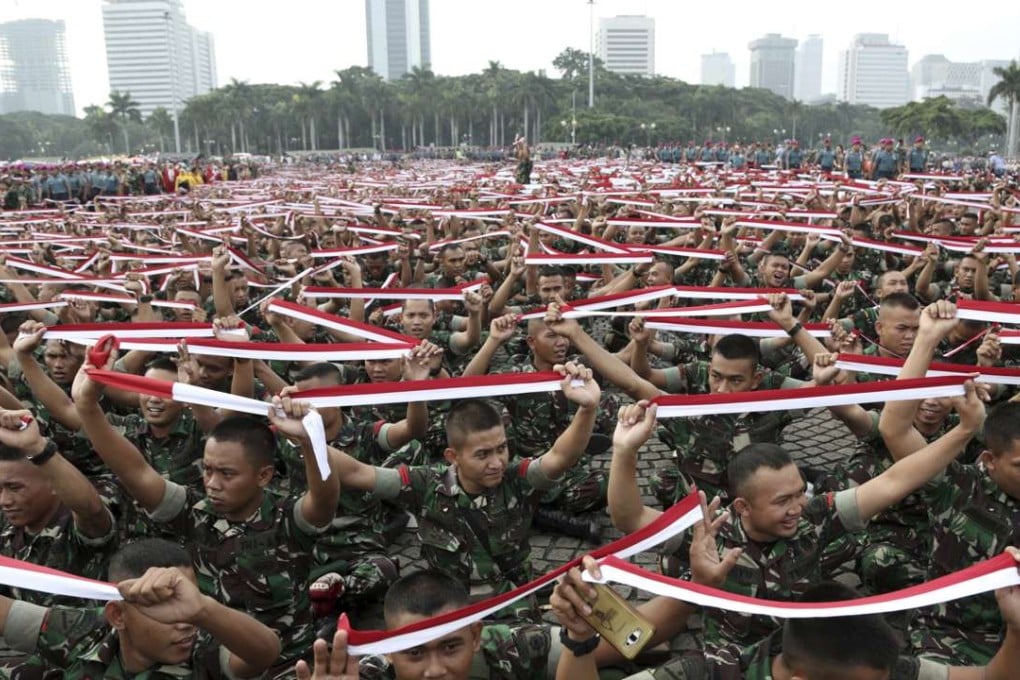What a military spat reveals about Australia’s ties with Indonesia
The prickly relationship between Canberra and Jakarta, based on different interpretations of history, has once again found its way into the spotlight

The prickly relationship between Australia and Indonesia, based on different interpretations of history, has once again found its way into the public spotlight. What sets this latest fracas apart most is its setting – military circles.
Reportedly, teaching materials used to train Indonesian soldiers at Campbell Barracks in Perth, Western Australia, offered sympathy for West Papuan independence, covered the topic of Indonesian war crimes in East Timor, and mocked the nation’s founding principles as “crazy”.

In reaction, Indonesia announced a full suspension of defence cooperation with Australia on Wednesday, only to have former general and senior Cabinet minister Wiranto tell reporters the next day in Jakarta that the suspension only applies to a language programme. For its part, the Australian government announced an investigation into the incident and underscored its stance on the general strength of ties between the two nations.
This Week in Asia contacted the Campbell Barracks on Thursday and later spoke to a defence department spokesperson in Western Australia who could offer no comment, and referred the matter to the capital, Canberra.
